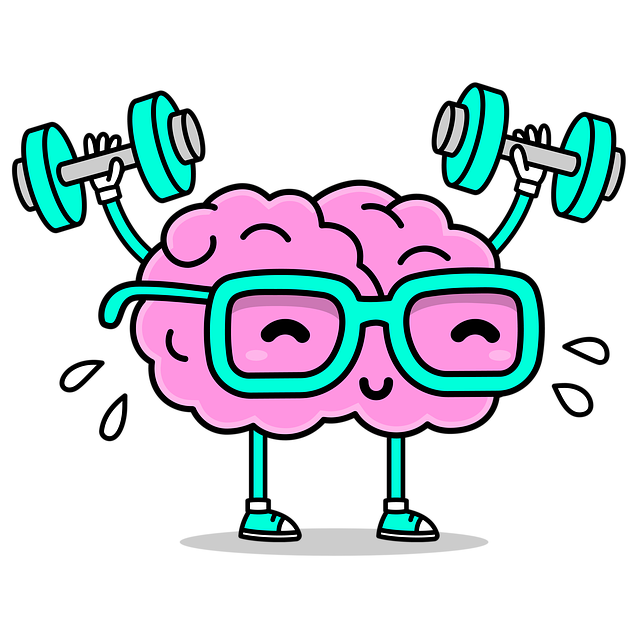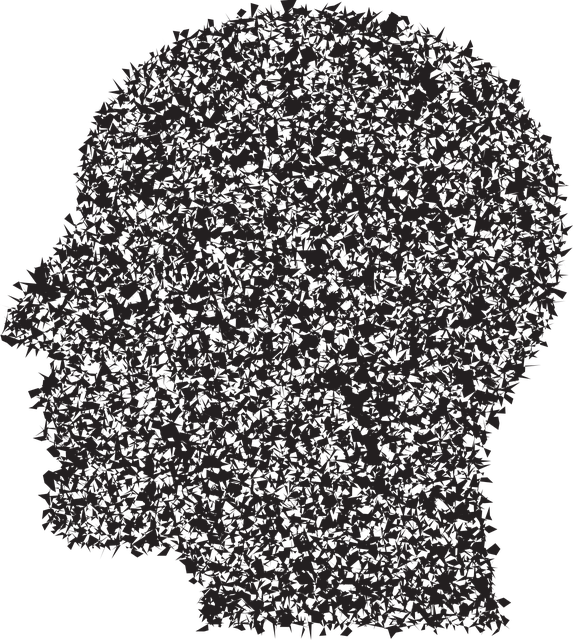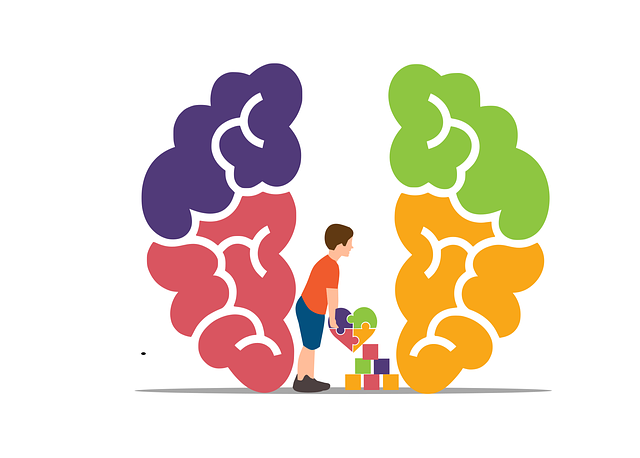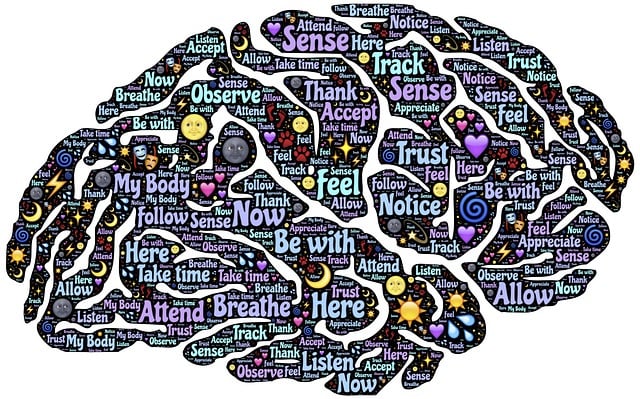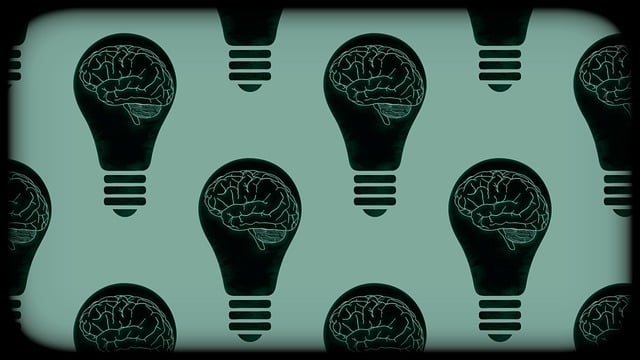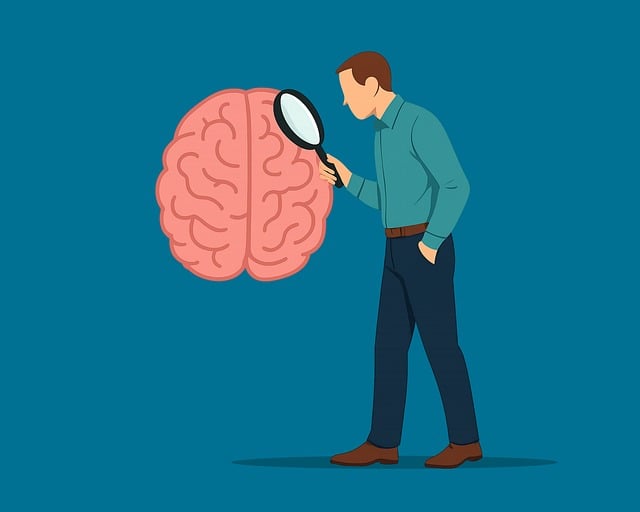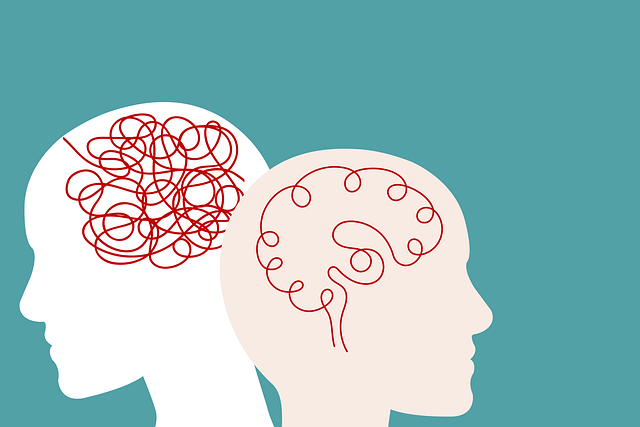Adolescent mental health in French-speaking communities faces unique challenges, including anxiety, depression, and substance abuse. Cultural barriers hinder access to therapy, emphasizing the need for tailored, culturally sensitive programs. Self-awareness exercises and mental health education are key tools. Interactive workshops, small group discussions, and diverse guest speakers create an inclusive environment. Multimedia resources, crisis intervention guidance, and a holistic approach empower teens to recognize and address mental health issues. Incorporating French-language materials and understanding cultural nuances ensure program effectiveness. Evaluation, continuous care, and risk management are vital for successful outcomes, fostering a supportive network of local professionals and peer groups.
Mental health among adolescents, especially within French-speaking communities, demands tailored approaches. This article explores the design of an educational program focused on empowering French-speaking teens with mental wellness tools. We delve into understanding the unique challenges they face, emphasizing the critical role of education in fostering open conversations about mental health. The program structure, cultural sensitivity, and evaluation methods are dissected to ensure its effectiveness and ability to provide lasting support for therapy among adolescent teens speaking French.
- Understanding Adolescent Mental Health: Unveiling Common Challenges Faced by French-Speaking Teens
- The Role of Education: Creating a Safe Space for Open Conversations on Mental Wellbeing
- Program Structure: Crafting an Engaging and Effective Learning Journey
- Incorporating Cultural Sensitivity: Tailoring Therapy to Respect and Embrace French-Speaking Teen Culture
- Evaluation and Support: Measuring Success and Ensuring Continuous Care Post-Program
Understanding Adolescent Mental Health: Unveiling Common Challenges Faced by French-Speaking Teens

Adolescent mental health is a complex landscape that deserves meticulous exploration, especially within the French-speaking community. Teenagers navigating this phase often confront unique challenges that can significantly impact their overall well-being and future trajectory. From anxiety and depression to self-esteem issues and substance abuse, these problems are not isolated but interconnected threads in a complex tapestry.
French-speaking teens may face cultural barriers when seeking therapy for adolescent teens, adding layers of complexity. Language differences and limited access to culturally sensitive mental wellness coaching programs can deter them from receiving the necessary support. However, self-awareness exercises tailored to their specific needs can be instrumental in addressing these challenges. Developing mental wellness programs that resonate with French-speaking adolescents is crucial, ensuring they receive effective care and fostering a healthier future for this demographic.
The Role of Education: Creating a Safe Space for Open Conversations on Mental Wellbeing

Mental health education plays a pivotal role in fostering an environment conducive to open dialogue and understanding. By integrating comprehensive programs into schools and communities, especially tailored for French-speaking adolescent teens, we create safe spaces where mental wellbeing can be openly discussed. These educational initiatives go beyond mere awareness; they equip young individuals with the knowledge and skills needed to recognize and manage their emotional states effectively.
Such programs design should focus on normalizing conversations about mental health, reducing stigma, and promoting early intervention. Through interactive workshops, peer support networks, and culturally sensitive resources, adolescents learn to identify signs of anxiety, stress, or other common mental health challenges. Empowered with this knowledge, they can actively seek therapy for adolescent teens French-speaking services when needed, ensuring timely support and better long-term outcomes for their mental wellbeing.
Program Structure: Crafting an Engaging and Effective Learning Journey

Designing an engaging mental health education program for French-speaking adolescent teens requires a structured yet adaptable approach. The learning journey should be tailored to their unique cultural context and experiences, ensuring relevance and accessibility. A successful program structure includes interactive workshops, small group discussions, and guest speakers from diverse backgrounds, including healthcare providers with cultural competency training. This variety fosters an inclusive environment, encouraging open dialogue and personal reflections.
Incorporating multimedia elements such as a Mental Wellness Podcast Series Production can enhance engagement. Episodes featuring expert insights, peer stories, and practical tips cater to various learning styles. Additionally, Crisis Intervention Guidance should be woven throughout the program, empowering teens with coping strategies for immediate support. By combining theoretical knowledge with practical tools, the program creates a holistic learning experience that resonates with French-speaking adolescents.
Incorporating Cultural Sensitivity: Tailoring Therapy to Respect and Embrace French-Speaking Teen Culture

Incorporating cultural sensitivity into mental health education programs is paramount when catering to French-speaking adolescent teens. Therapy should respect and embrace the unique cultural nuances that shape their experiences, perspectives, and communication styles. This involves learning about and understanding the specific challenges and strengths within the French-speaking community, such as issues related to immigration, acculturation, and language barriers. By doing so, therapists can tailor their approach, ensuring activities, resources, and discussions resonate with the teens’ cultural background.
A culturally sensitive mental wellness program for this demographic might include strategies like incorporating French-language materials, inviting guest speakers from similar backgrounds, or using empathy-building exercises that acknowledge and validate their cultural identity. For instance, a Mental Wellness Podcast Series Production featuring French-speaking therapists can offer valuable insights into navigating therapy while maintaining cultural integrity. These initiatives foster an environment where teens feel understood, valued, and supported, ultimately enhancing the effectiveness of mental health interventions for adolescent teens who speak French.
Evaluation and Support: Measuring Success and Ensuring Continuous Care Post-Program

Evaluation is a crucial component of any successful mental health education program. For French-speaking adolescent teens, tailored assessment tools and strategies are essential to measure the program’s impact effectively. This includes pre- and post-program surveys to gauge changes in mental well-being, self-esteem, and coping mechanisms. Additionally, individual therapy sessions can offer valuable insights into each teen’s progress, allowing for personalized support plans. The goal is to identify areas of improvement and ensure that participants feel equipped with the necessary tools to maintain their mental health post-program.
Continuous care is vital to long-term success. Following the completion of the education program, a supportive network should be in place for adolescents transitioning back into their communities. This may involve connecting them with local French-speaking mental health professionals or peer support groups, fostering a sense of belonging and ongoing guidance. Risk management planning for mental health professionals is also essential to ensure safety and provide effective care, especially when working with vulnerable populations like adolescent teens. Self-awareness exercises and compassion cultivation practices can further empower participants to advocate for their well-being and create a supportive environment both within the program and beyond.
Mental health education programs, particularly those designed for French-speaking teens, must balance cultural sensitivity with effective engagement. By creating safe spaces that facilitate open conversations and incorporate tailored therapy, we can address common challenges faced by this demographic. A well-structured program, grounded in understanding adolescent mental health, evaluation, and continuous support, is crucial to enhancing mental wellbeing and fostering resilience among French-speaking teens. This approach ensures that youth receive the necessary tools and resources for navigating their mental health journeys effectively.

